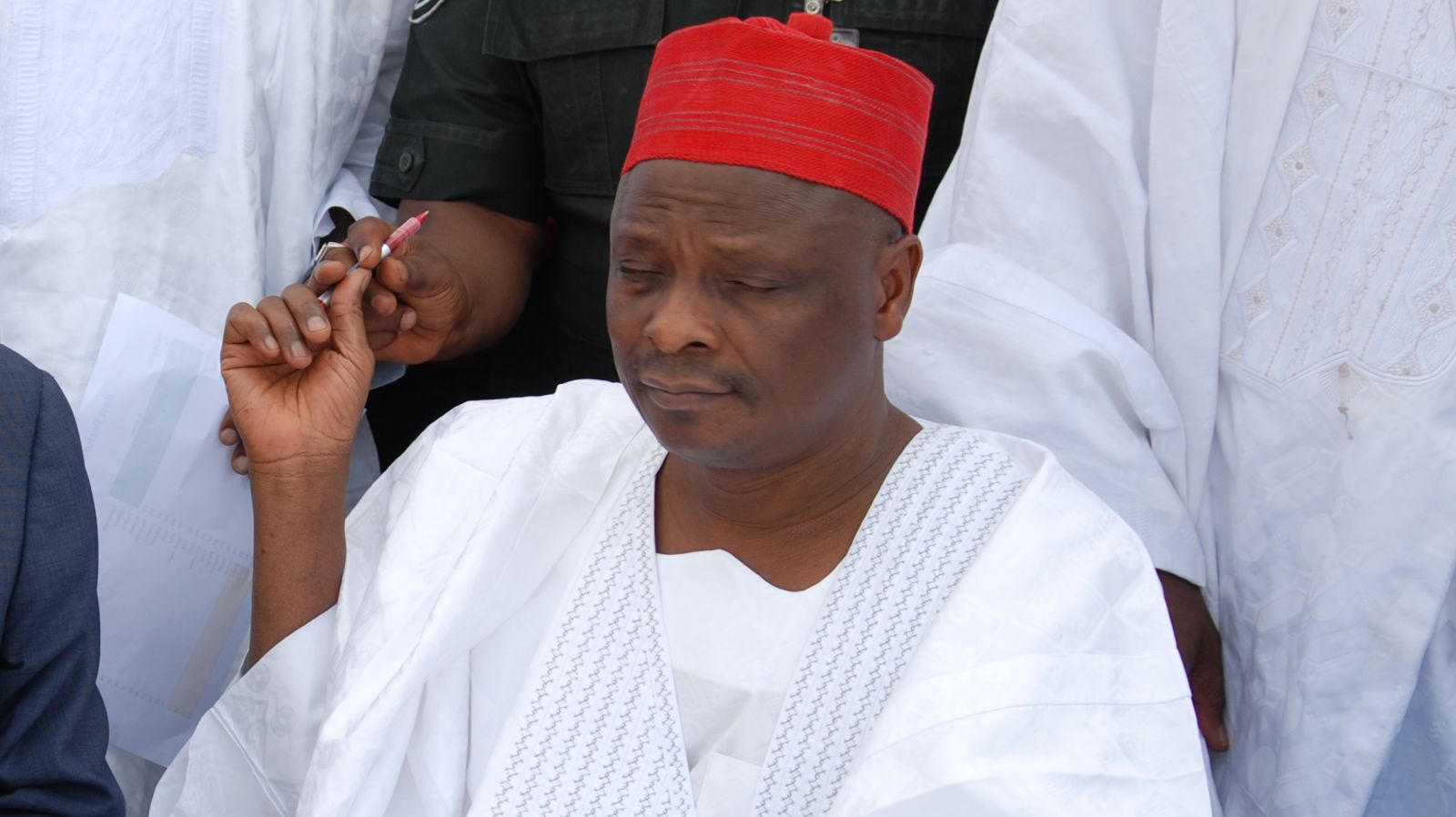ABUJA, Nigeria – A significant rift has emerged within the New Nigeria Peoples Party, NNPP, as several aggrieved state chairmen have openly criticised Rabiu Kwankwaso, the party’s presidential candidate in the recent election, accusing him of manipulating the National Working Committee, NWC, for his own ends.
The division came into sharp focus after the NWC, under the direction of the National Publicity Secretary, Major Agbo, dissolved the party’s executive committees in seven states due to alleged “anti-party activities”.
This decision has been met with substantial backlash, with many viewing it as a significant overreach.
In a joint statement made available to the media on Saturday, August 12 2023, the affected chairmen contended that this dissolution was a stark violation of both the NNPP’s constitution and the Electoral Act 2022.
They further asserted that Kwankwaso’s actions, including his reported affiliations with candidates from rival parties, were the real “anti-party activities” that should be scrutinised.
The chairmen highlighted the perceived irregularities in the disciplinary process among the grievances raised.
Specifically, they questioned the transparency of the process, pointing out that those accused of anti-party activities were neither shown the petitions written against them nor informed about the identities of the petitioners.
Furthermore, the chairmen cited Article 39 Subsection 6 of the NNPP constitution, arguing that the NWC had no authority to expel any member unilaterally.
They contended that such a significant decision would need to be ratified by the National Executive Committee.
The statement also claimed that Kwankwaso’s alleged affiliations with candidates from other parties were evident during the 2023 presidential elections.
This “political trading,” they argue, further underscores the alleged double standards applied by the NWC under Kwankwaso’s influence.
They concluded by urging Kwankwaso to relinquish his self-proclaimed title as the national leader of the NNPP, viewing his leadership as more self-serving than beneficial to the party’s goals and values.
This public dispute reveals a fractured landscape within the NNPP, and its resolution could play a pivotal role in shaping the party’s future direction and influence in Nigerian politics.
Whether this rift will lead to a more significant reformation or further divisions within the party remains to be seen.







